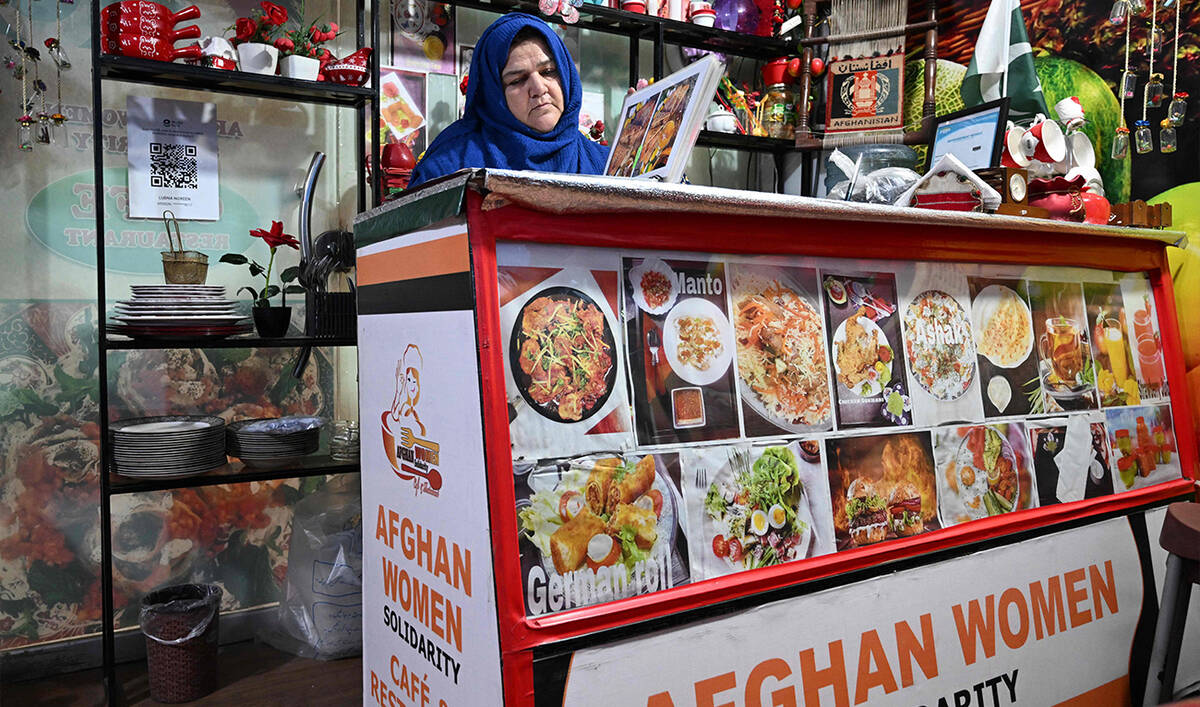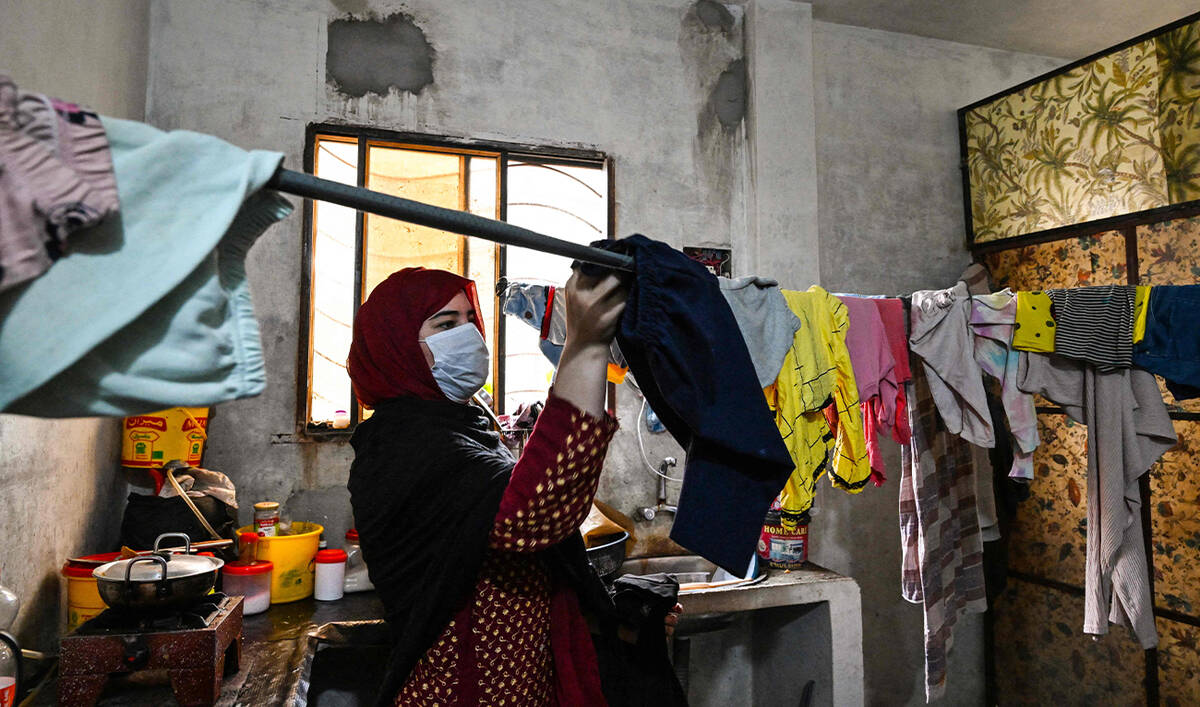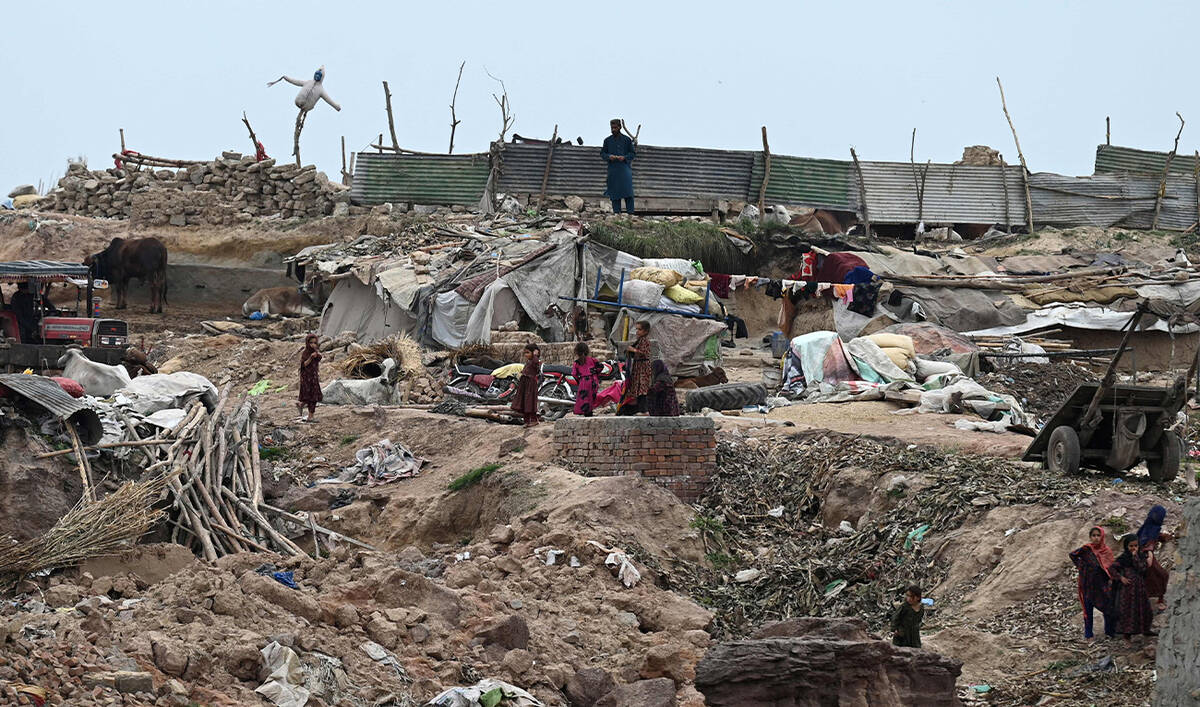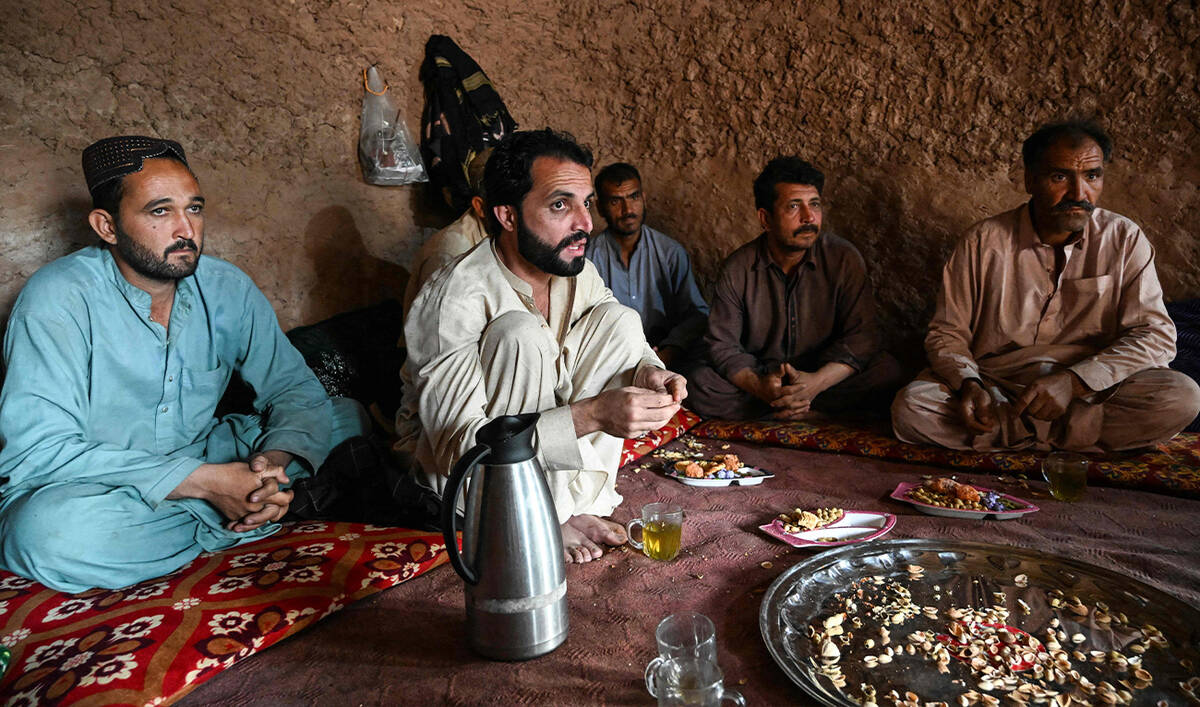KARACHI: Police have recovered two teenaged girls, who were reported missing in the southern Pakistani port city of Karachi last week, from a railway platform in the eastern city of Lahore, a police official said on Tuesday, adding the duo had left home to “meet and join” South Korean music band BTS.
The parents of the girls had filed a missing complaint at the Korangi police station in Karachi, saying they feared that their daughters, aged 13 and 14, had been kidnapped.
“The girls have been recovered from Lahore, where they had gone for their onward travel to Islamabad and then to South Korea to meet and join BTS,” Abraiz Ali Abbasi, a senior superintendent of police (SSP) in Karachi’s Korangi, told Arab News.
“A forensic examination of WhatsApp chat, their deleted browsing data, and handwritten diary confirms they had left homes for South Korea to join their favorite band.”
The timely police action in light of a forensic examination of mobile data resulted in the recovery of the girls, according to the official. The investigating officer of the case had been sent to bring the girls back to Karachi.
The police officer said though the girls had done a bit of research on what to do in South Korea and had written down a plan to reach Islamabad via train, they were probably not aware of how to go abroad without having passports.
“Interestingly, they had googled [things like] ‘what to avoid in South Korea’ and ‘what type of clothes would they need to wear’ there,” Abbasi said.
The K-pop group debuted in 2013 and is now one of the global music industry’s most profitable set of artistes. Its name represents the acronym for the Korean phrase ‘Bangtan Sonyeondan’, which translates to ‘bulletproof boy scouts’ in English.
The BTS have risen to global fame and influence in the last decade with their upbeat hits and social campaigns aimed at empowering the younger generation. Per Grammy Awards’ website, each member of the band has over 34 million Instagram followers on their personal accounts, while the group’s 64 million followers make them the most-followed group on the app.
A spokesperson for the Pakistan Railways police said the girls had complained of their parents’ “indifferent attitude” during the initial investigation.
“They complained of the indifferent attitude of the parents and said they wanted to make a life on their own,” Kanwar Umair Sajid said.
The spokesperson said the girls were found in a “miserable condition” by one of the patrolling constables at 02:30 hours on Monday, after they reached the Lahore Cantt station via Khyber Mail on Sunday.
“The girls were hiding themselves to be unnoticed or overlooked. They were disguised and garbed in a way [so as to look like boys], according to the constable who found them,” Sajid said.
“The railways police are looking after the girls at the help desk in Lahore and are waiting to hand them over to the investigating officer traveling from Karachi to Lahore.”




















